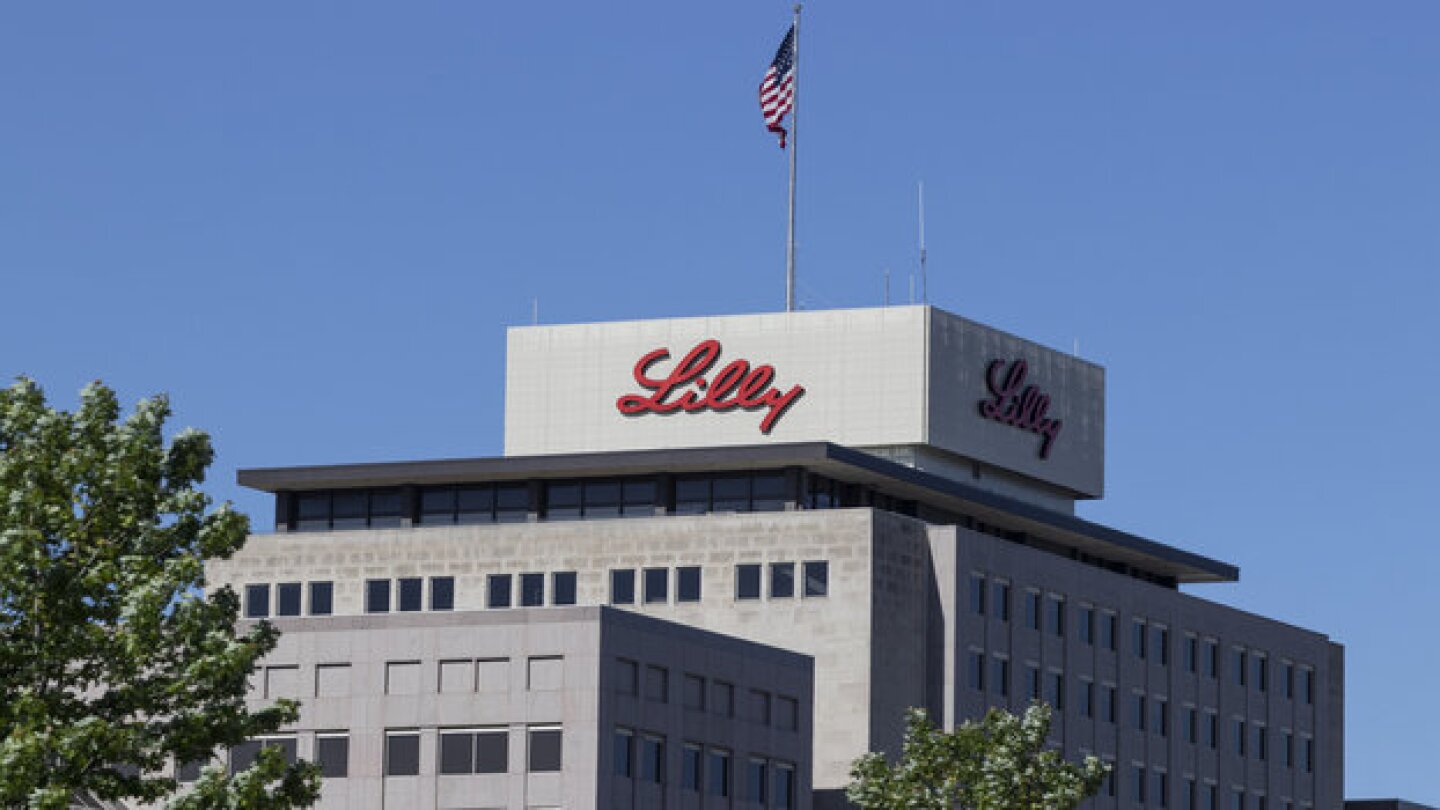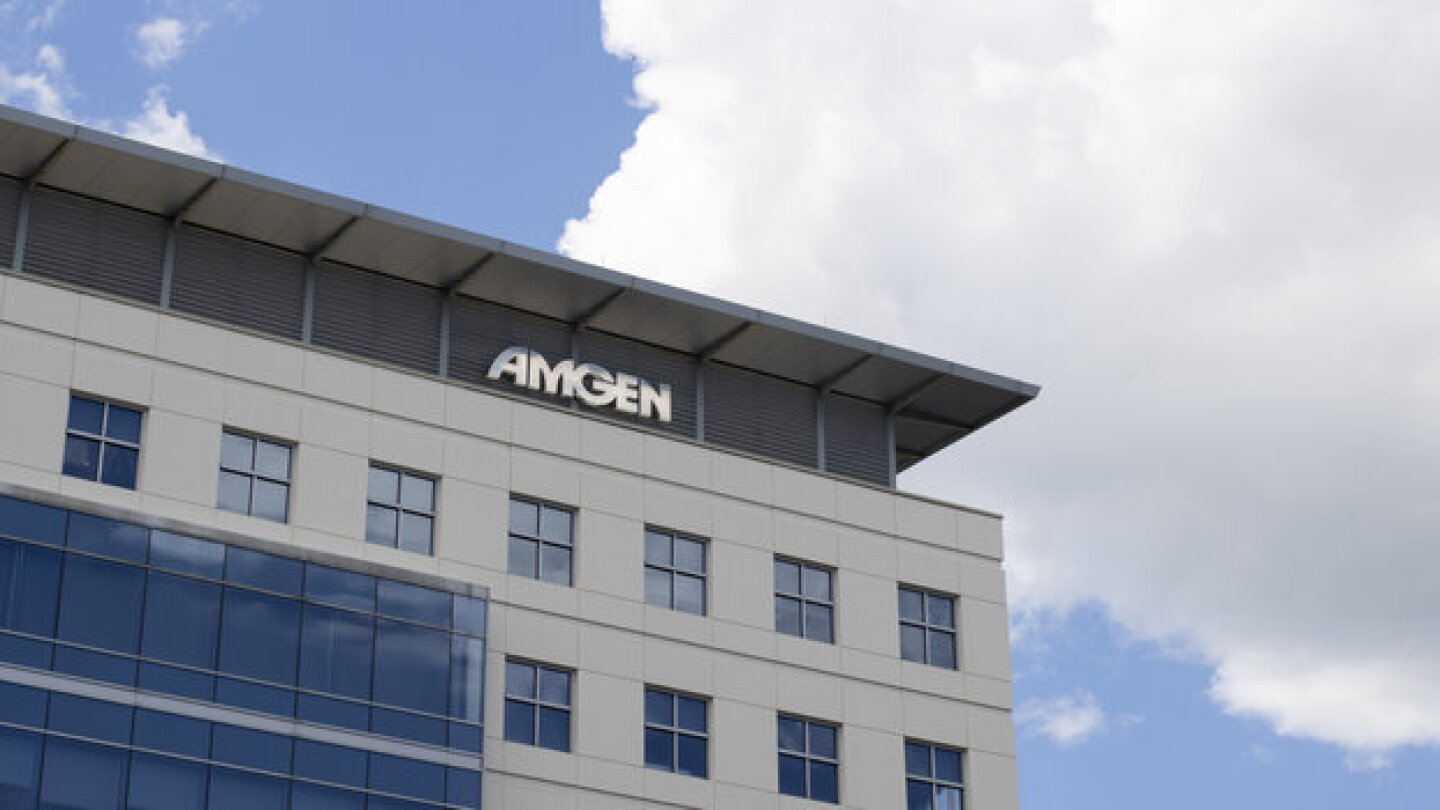News
Merck’s Keytruda may be the most talked about drug facing loss of exclusivity but it’s far from the only one, as several of the industry’s top-performers are losing key market protections. Some companies are more prepared than others.
FEATURED STORIES
Mixed headlines have plagued the cell and gene therapy space of late. We believe that a renewed case of optimism is not only warranted but essential if these therapies are to reach their full potential.
Since July, several biotechs have been forced to pivot as previous agreements with the FDA around evidence required for approval were reversed, a phenomenon that, according to experts, could portend a more restrictive regulator.
The drugmaker’s dominance of the obesity market is fueling predictions that years of growth lie ahead.
Job Trends
Eisai Co., Ltd. and Biogen Inc. announced that Eisai presented new analyses on amyloid-related imaging abnormalities with the use of antiplatelet and anticoagulant medications, isolated ARIA-H, and caregiver burden and health-related quality of life, from the results of Eisai’s Phase 3 Clarity AD study of lecanemab, an anti-amyloid-β protofibril* antibody, at the 2023 International Conference on Alzheimer’s and Parkinson’s Diseases annual meeting AD/PD™.
FROM OUR EDITORS
Read our takes on the biggest stories happening in the industry.
Unpredictable communication and a lack of transparency are eroding the industry’s and the public’s trust. The FDA, experts agree, needs to take control of the narrative.
THE LATEST
Big Pharma companies Bayer and Johnson & Johnson are downsizing their New Jersey workforces while Pfizer cuts jobs in Ireland. Many of the layoffs are effective by the end of the year.
Eli Lilly’s investment in the LEAP Research and Innovation District in Lebanon, Indiana, has now jumped to more than $13 billion.
Designed to create hundreds of jobs and add up to $1 billion to Massachusetts’ gross domestic product by the start of 2030, MassBio’s five-year strategic plan addresses challenges including skill gaps and talent shortages.
Bristol Myers Squibb wins approval for the first novel schizophrenia drug in decades; Pfizer pulls Oxbryta from the market; new IVF and abortion laws could derail women’s health research; Roche touts CDK inhibitor deal and obesity pipeline and BioSpace heads to Meeting on the Mesa.
Amgen’s motion for dismissal was denied after a New York judge agreed the company did not sufficiently disclose to shareholders back taxes and penalties owed to the Internal Revenue Service.
Johnson & Johnson is making the investment to help meet its 2030 target of launching 20 new medicines and expanding filings for approximately 50 other products.
As traditional fundraising methods falter for smaller firms, the rise of royalty deals is reshaping how companies access capital, offering an alternative that bypasses equity dilution and debt.
As it shifts focus to a death receptor 3 (DR3) antagonist antibody, Shattuck Labs is cutting a significant number of employees before the end of the year.
From Eli Lilly to Karuna Therapeutics to current owner Bristol Myers Squibb, the newly approved schizophrenia drug had quite the journey to market. Former Karuna and Lilly executives discuss the “accidental” and “serendipitous” discovery.
District Judge Jesse Furman ruled that the plaintiff, UMB Bank, does not have standing to bring the case against Bristol Myers Squibb because it is not a properly appointed trustee for shareholders’ contingent value rights.

















